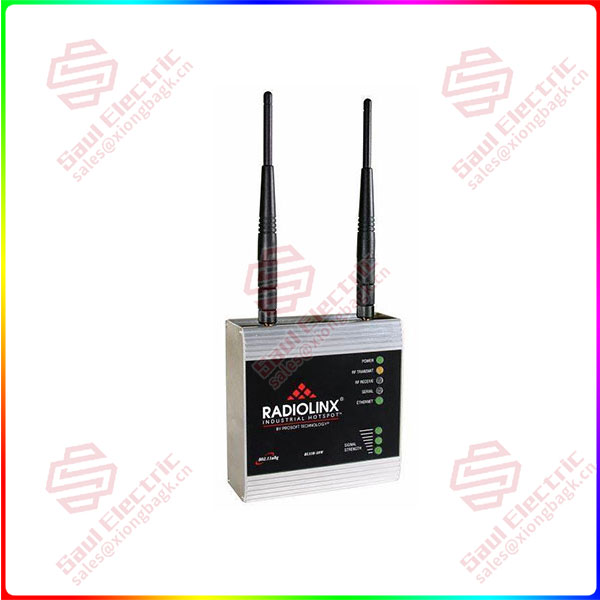• Launch new AI applications to help customers improve the efficiency of their water infrastructure
• Easy integration into existing infrastructure without expertise
• Presented at the Munich Ring Fair 2024 and presented its portfolio of digitalization and automation products to promote sustainable development in the water industry
RLXIB-IHW-A Siemens has further expanded its software portfolio for the water industry, enabling customers to use artificial intelligence to optimize plant operations. With these self-service solutions, customers can solve the most pressing problems in their water and wastewater operations: reducing water loss, preventing sewer contamination, and ensuring the reliability of treated assets. These new solutions help to better protect the world’s water resources and accelerate sustainable development.
“Digital technology is not widely used in the water sector. This is because existing OT and IT equipment is complex, skilled workers are in short supply, and the business value of many digital applications is often unclear.” Anja Eimer, Managing Director of Siemens’ Global water industry. “With Siemens’ new software portfolio, we are addressing these issues and empowering water companies to conduct AI-based operational analytics.”
The new product portfolio includes digital solutions with pre-integrated hardware and software. The AI-based analytics application has been combined with the corresponding sensors from Siemens, further simplifying the installation process while enabling faster generation of analytical results. To this end, Siemens has launched the new SIWA Leak Finder and SIWA Blockage Predictor applications, which can be downloaded on the Siemens Xcelerator online trading platform.
Use artificial intelligence to solve leaks and clogged pipes
The SIWA Leak Finder app uses data from smart flow meters to reduce water loss due to pipe leaks by up to 50%. The app’s artificial intelligence analyzes traffic data to identify leaks as small as 0.2 liters per second. The application can use data from any flowmeter, and thanks to the integration of the Siemens Sitrans FM Mag8000 sensor, it can be easily activated without the need for specialized knowledge or Siemens installation services.


RLXIB-IHW-A
Clogged pipes in sewer systems can cause pollution and affect household life and the environment. Inflow and infiltration (I&I) can reduce the efficiency of the wastewater network and lead to increased inputs. The Siemens SIWA Blockage Predictor application applies artificial intelligence to sewer level data collected by sensors such as the Sitrans LR110 radar level transmitter to detect clogs, inflow, and infiltration. Based on the installation of a single sensor, the application can be used in network overflow situations or in manhole chambers. The app detects 90 percent of pipe clogs and automatically generates operational reports for supervisors, saving users time.
RLXIB-IHW-A The SIWA Leak Finder and SIWA Blockage Predictor applications can both connect to the cloud. Sensor data can be provided to the appropriate application within two hours. Users can easily process and analyze operational data from smart sensors without additional IT expertise. From the day of installation, the artificial intelligence of both apps is automatically trained and implemented based on sensor data. At the same time, the application was designed with cybersecurity in mind. Users can also take advantage of Mendix, the Siemens low-code platform, to create interfaces with their companies’ IT
SIWA application data is connected to ERP system. Siemens estimates that these applications typically pay for themselves within 36 months.
Siemens at the Munich World Expo 2024
Siemens is also showcasing its entire automation and digitalization portfolio for the water industry during the Munich International Environmental Fair 2024 (Munchen Ring Fair). One of the highlights will be cybersecurity and how water infrastructure operators can avoid cyber attacks. Siemens will present blueprints and guidelines for secure network and system architectures, as well as proven and certified cybersecurity solutions. Siemens will also assist in the implementation of the NIS 2 directive, which will enter into force in the EU in October 2024.
In addition, Siemens offers standardized single-source groundwater well monitoring methods. As an end-to-end solution, it includes instrumentation, communications, remote control, and intelligent data analytics to meet current and future regulatory requirements for scalable and efficient water management. Siemens also provides utilities seeking to improve energy efficiency with a range of technologies, from Digital Process Twin systems to multi-modal energy optimization.
 1 Year Warranty
1 Year Warranty





